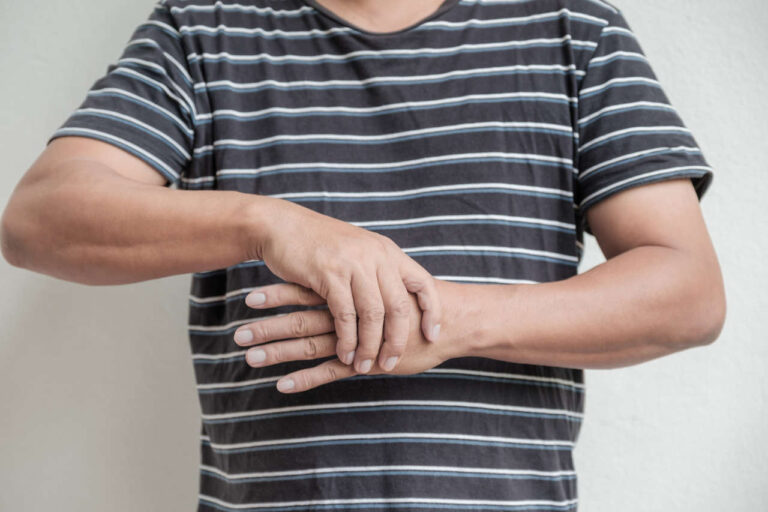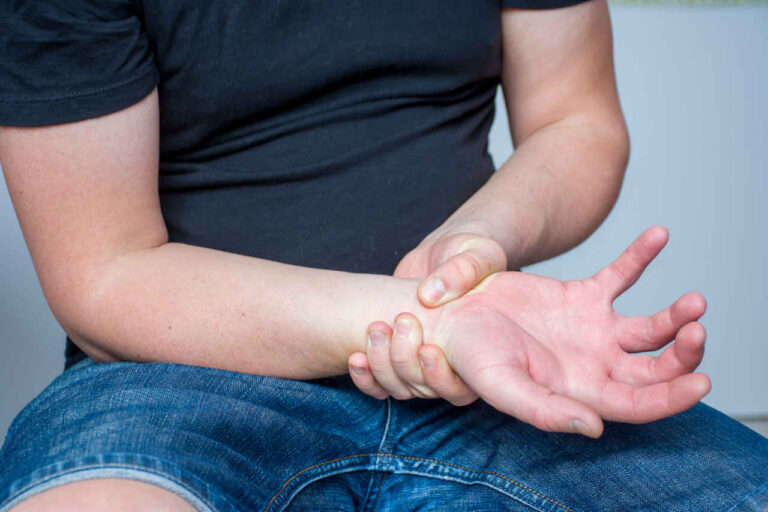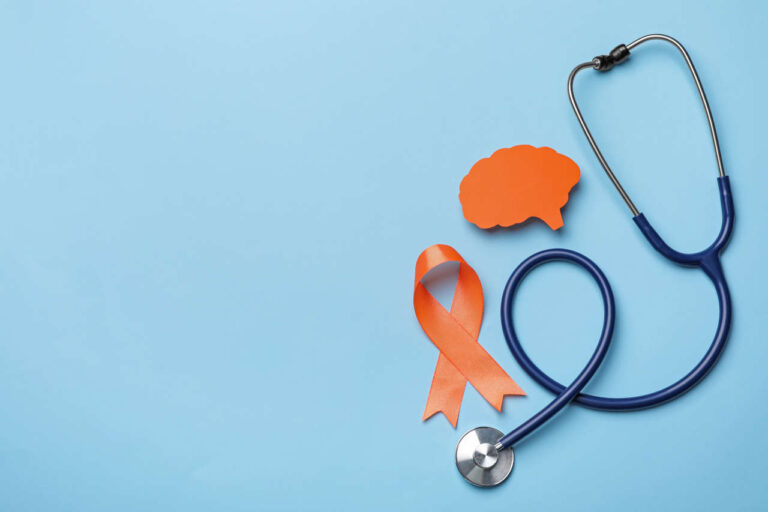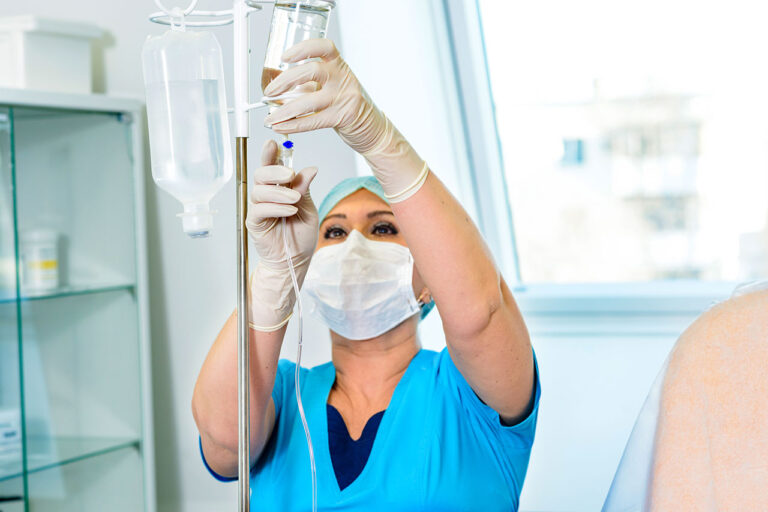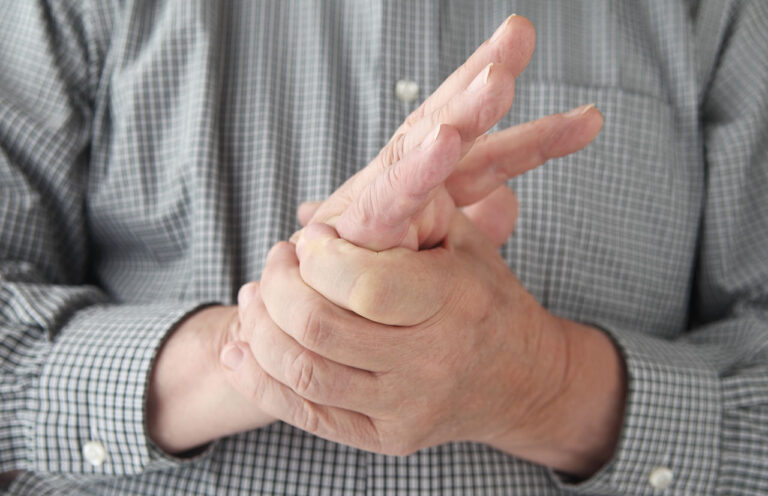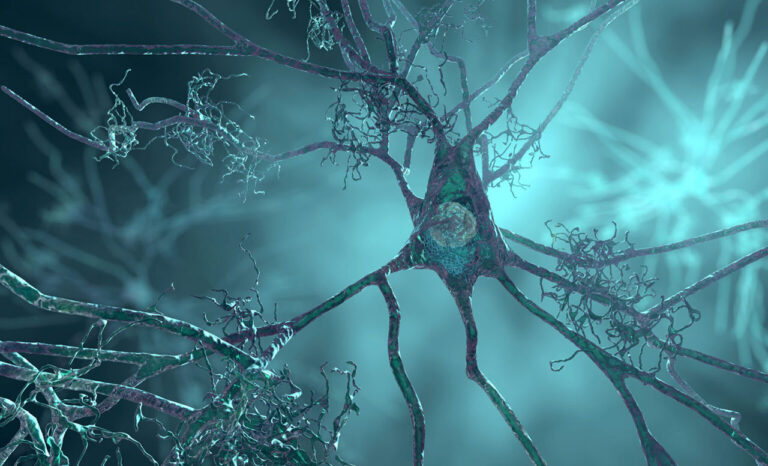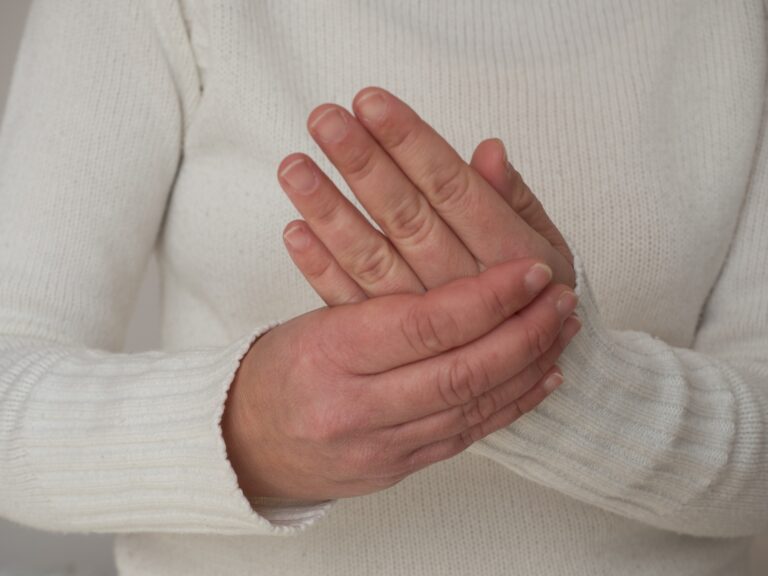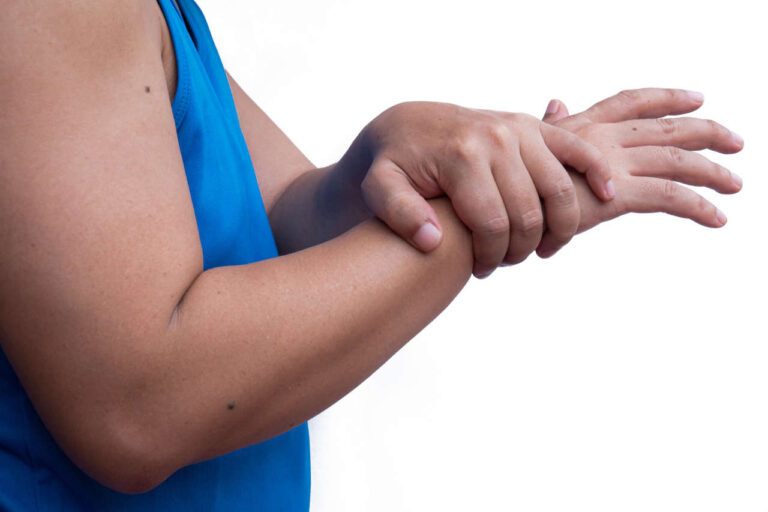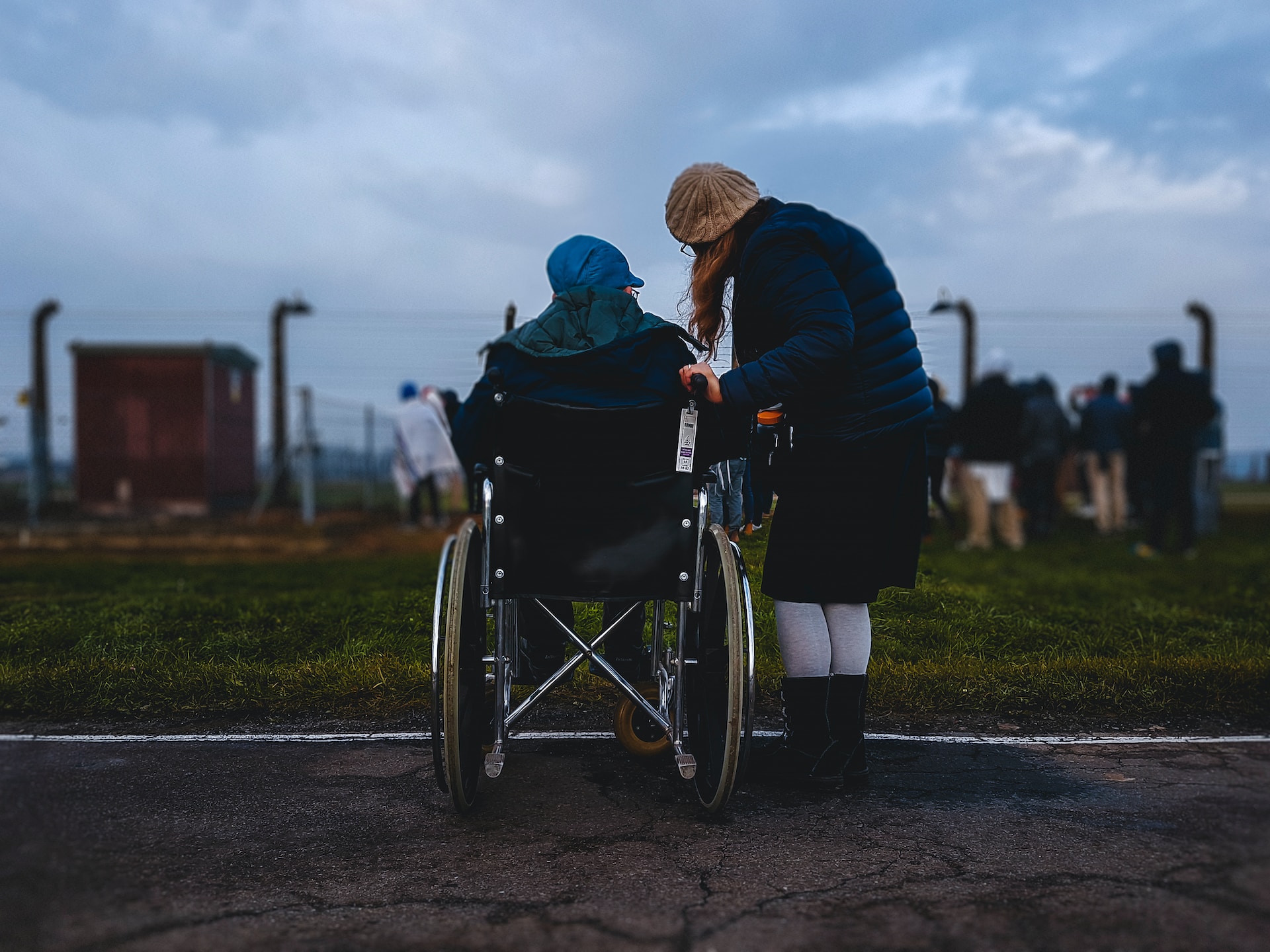
Guillain-Barre Syndrome (GBS) and Chronic Inflammatory Demyelinating Polyneuropathy (CIDP) are both autoimmune disorders that cause weakness throughout the body.
Zungumza na Mtaalamu
Kuhusu Msaada wa CopaySome doctors consider CIDP to be a chronic form of GBS. However, there are several differences between CIDP and GBS. Understanding the characteristic signs and causes of GBS vs. CIDP helps you better prepare to face these diseases.
Here is everything you need to know about these two autoimmune conditions.
What is Guillain-Barre Syndrome?
Ugonjwa wa Guillain-Barre (GBS), or acute inflammatory demyelinating polyradiculoneuropathy (AIDP), is a rare autoimmune disorder. In this disorder, the body’s immune system attacks the nerves in the peripheral nervous system, causing numbness, tingling, and even complete paralysis.
What is Chronic Inflammatory Demyelinating Polyneuropathy?
Uvimbe wa muda mrefu unaopunguza myelinati polyneuropathy (CIDP) is another rare autoimmune illness in which the body attacks the myelin sheaths that insulate healthy nerve cells. This neurological disorder also affects mobility and leads to diminished senses.
Prevalence of GBS vs. CIDP
GBS occurs in 1.1-1.8 out of 100,000 persons yearly and is slightly more common in males. The incidence rate also increases in those above 50 years old.
CIDP, on the other hand, occurs in 1.9-7.7 out of 100,000 persons each year and occurs twice as often in males than females. It’s also more common among people with diabetes.
Causes of CIDP and GBS
Although CIDP and GBS are related, the exact cause of both diseases is unknown. Scientists believe they are autoimmune disorders in which the body’s immune system treats its healthy nerves as pathogens and destroys them.
In most cases, GBS occurs after a bacterial or viral infection. It can also develop after an injury, surgery, or vaccination. On the other hand, there doesn’t seem to be a trigger for CIDP.
Scientists have found several proteins related to the proteins that control our immune systems in the blood of patients with these disorders. However, we don’t yet know whether these proteins cause the diseases or are a result of them.
Risk Factors for GBS vs. CIDP
The most common factors that increase the risk of GBS include:
- Being over 50 years old
- Diarrhea and infection with Campylobacter jejuni bacteria
- Other viral and bacterial infections, such as those with EBV (Epstein-Barr virus) and CMV (Cytomegalovirus)
CIDP doesn’t have distinctive risk factors. However, some factors that may increase the risk of this disease include:
- GBS
- Saratani
- Vaccination
- Viral infections
Symptoms of GBS and CIDP
GBS
Signs and symptoms of Guillain-Barre syndrome appear within three weeks of infection. They begin as numbness or weakness in the arms and legs. As the disease progresses, these symptoms may also develop:
- Maumivu ya mgongo
- Feeling of pins and needles
- Difficulty breathing and swallowing
- Balance and coordination problems
- Decreased or absent deep tendon reflexes
- Weakness in the muscles of the face and eyes
Nerve changes may also cause vision problems, digestive issues, and heart palpitations. These symptoms might worsen over 3 weeks and lead to whole-body paralysis. However, they won’t worsen after the fourth week.
Get Financial Assistance for GBS or CIDP
CIDP
CIDP has a more gradual onset vs. GBS, and its symptoms are more progressive. Most patients have arm and leg weakness and numbness. Very few patients have facial or eye problems.
Other common Dalili za CIDP ni pamoja na:
- Uchovu
- Maono mara mbili
- Kupoteza reflexes
- Balance and coordination issues
- Clumsiness and difficulty swallowing
- Numbness or tingling in the hands and feet
- Gradual weakening and loss of sensations in the arms and legs
Symptoms of CIDP affect both sides of the body and progress gradually over several days or weeks.
Onset and Progression of GBS and CIDP
GBS presents more acutely vs. CIDP. The onset of GBS often begins over a few days to weeks and frequently follows another event, such as an infection, surgery, or vaccination. Since GBS only takes up to a few weeks to fully develop, it is considered an acute autoimmune neuropathy.
The onset of CIDP may develop over several weeks, months, or even years, and is rarely associated with an infection or other medical event before it occurs. CIDP is considered a chronic autoimmune neuropathy since it may take years to become detectable.
Diagnostic Tests for GBS vs. CIDP
CIDP may occur in the setting of certain blood disorders. The test that is most helpful in telling GBS from CIDP is the nerve conduction velocities (NCVs).
NCVs will show signs of damage to the sheath surrounding the nerve in CIDP and certain forms of GBS, while other forms of CIDP show a block in the transmission of impulses by the nerves.
While a spinal tap or a nerve biopsy may provide helpful information, they are generally not required for diagnosing CIDP and GBS.
Treatment Options for GBS vs. CIDP
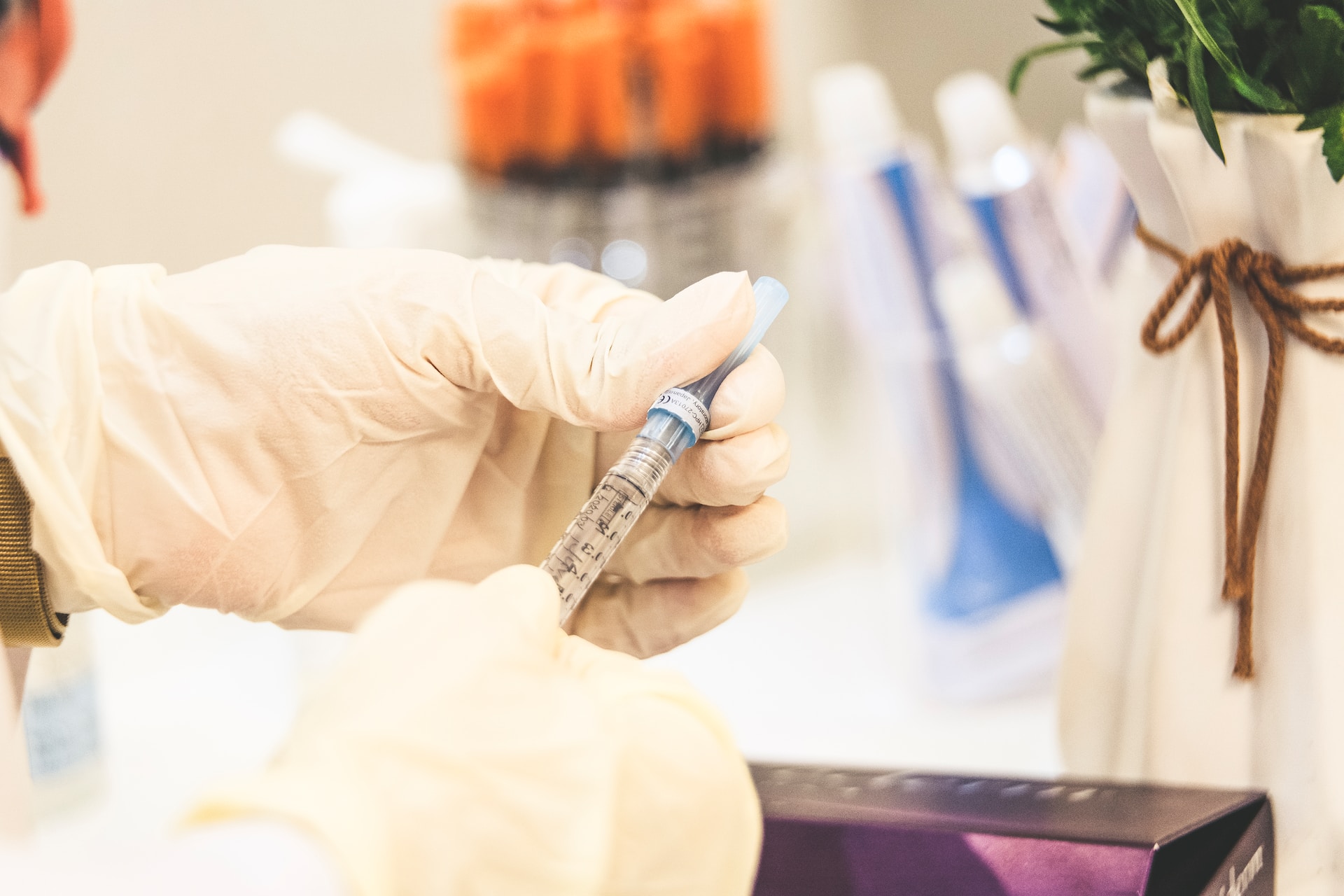
The most effective treatment for CIDP and GBS is immunotherapy. However, it’s not the only option. Here are the most common treatments for these two autoimmune conditions.
Maelezo ya Matibabu
Pata Uidhinishaji wa AwaliTreatments for GBS
Ya kawaida zaidi Guillain-Barre syndrome treatment options include plasma exchange (PE) and intravenous immune globulins (IVIG). Both treatments have similar outcomes and side effects which are easily manageable.
Steroids are not helpful in GBS. A monoclonal antibody called eculizumab (EC) has been useful in treating more severe cases and is undergoing further testing.
Some patients at advanced stages of GBS may need lots of supportive care, including ventilator support, for several months before complete recovery.
Treatments for CIDP
CIDP treatments include PE, IVIG, and steroids. They are equally valuable. Scientists have not yet determined the optimal dosing of these agents.
While patients see significant improvement with treatment, these benefits only last a few weeks. Therefore, treatments every few weeks, sometimes for years, are necessary.
For patients who do not get better with the above treatments, cyclophosphamide is useful. Physical therapy (PT) is often helpful for patients with CIDP.
How Can IVIG Help Those with GBS and CIDP?
Intravenous immunoglobulin (IVIG) is an FDA-approved treatment that can help you manage both of these diseases. The IVIG solution contains antibodies extracted from the plasma of healthy donors.
While the exact mechanism of action is still a mystery, scientists believe IVIG treats autoimmune diseases by creating a balance. It supplies your body with enough healthy antibodies to prevent your compromised immune system from attacking itself.
By regulating your immune system, IVIG can ease your symptoms and help you recover. Various masomo support the effectiveness of IVIG for CIDP and GBS, so you can choose this treatment confidently.
IVIG Procedure for GBS vs. CIDP
Tiba ya IVIG is a simple procedure. Whether you have GBS or CIDP, the process will go as outlined below:
- You will go to an infusion center, clinic, or hospital, or a specialized nurse will come to your home.
- The nurse will insert an IV needle into your arm intravenously or subcutaneously and start the infusion.
- After about 3 to 5 hours, the entire IVIG solution will enter your body.
This procedure is almost entirely painless. You will only feel discomfort when the nurse inserts the needle into your arm. You might also feel minor side effects, such as headache and fever, that will resolve soon after the infusion.
Cost of IVIG Treatment for GBS vs. CIDP
The cost of IVIG therapy is similar for both CIDP and GBS. It can range from $100 to $350 per gram depending on various factors such as your:
- Umri
- Uzito
- chapa ya IVIG
- Mbinu ya sindano
- Number of infusions
The total cost can go over $5,000 for each person. However, you can pay for it using various financial aid and msaada wa nakala programs. Insurance will also cover a portion of the costs depending on your condition.
Outlook and Recovery for GBS vs. CIDP
The long-term outlook for Guillain-Barre syndrome is promising, with 95% of patients recovering to various degrees. The symptoms usually worsen for 4 weeks before becoming stable.
Most people will recover within 6 to 12 months of starting treatment. For others, recovery may take up to 3 years. Some will still experience muscle weakness, and others might relapse.
Living with CIDP varies from one person to another. Most people with CIDP see an immediate improvement in their symptoms after receiving treatment. Others might experience symptoms from time to time.
Many of those with CIDP will have some degree of physical disability. However, patients with both diseases can avoid disability and paralysis with early detection and proper treatment.
Zungumza na Mtaalamu
Kuhusu Msaada wa CopayManage CIDP and GBS with AmeriPharma® Specialty Pharmacy
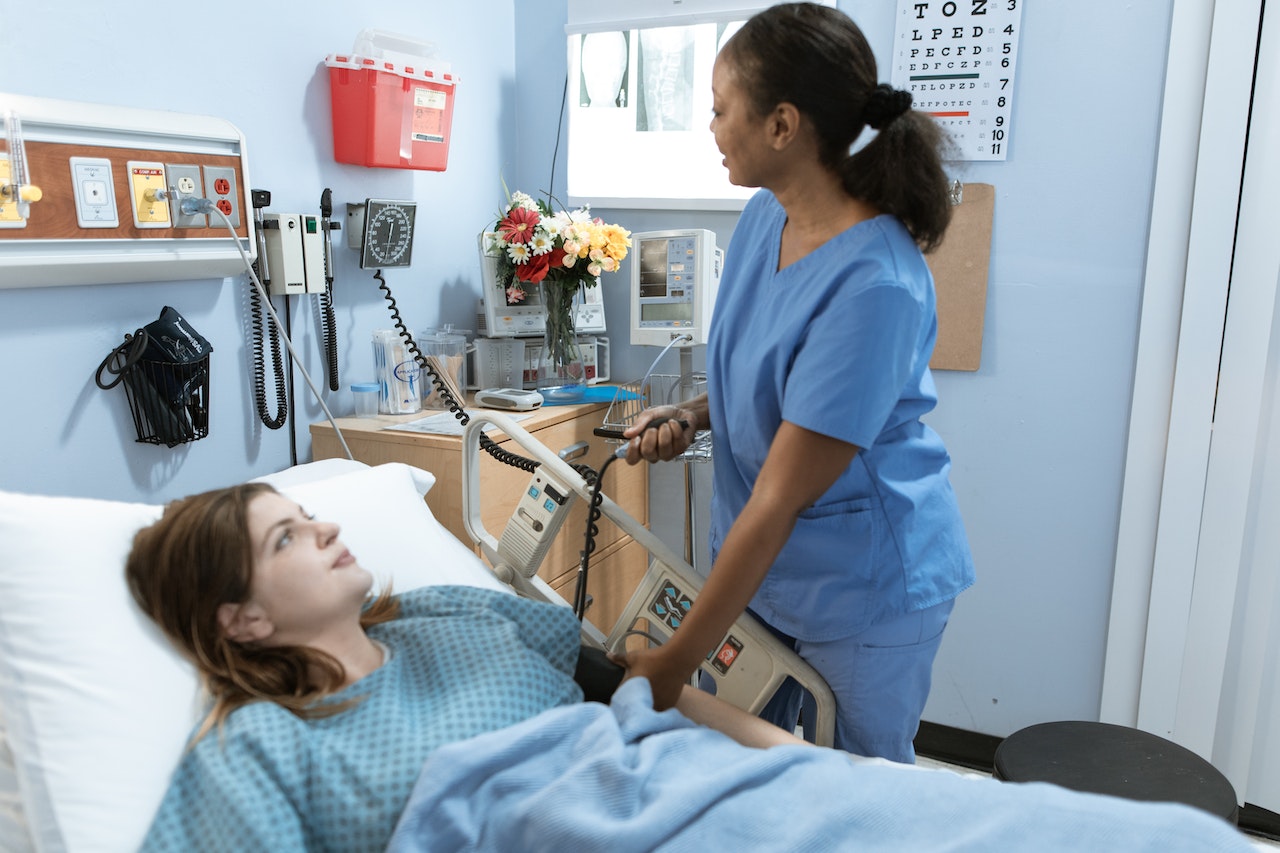
While Guillain-Barre syndrome and chronic inflammatory demyelinating polyneuropathy are similar conditions, they have noteworthy dissimilarities. Be aware of them and learn to recognize the symptoms of GBS vs. CIDP so you can visit a doctor in time.
If you’re already diagnosed with either of these conditions, we can help you manage them. At AmeriPharma® Specialty Pharmacy, we offer home infusion services and hard-to-find medications to people battling debilitating health conditions in 40+ US states and territories.
Anza with us now to take advantage of our copay assistance, 24/7/365 support, and full-service care coordination.

